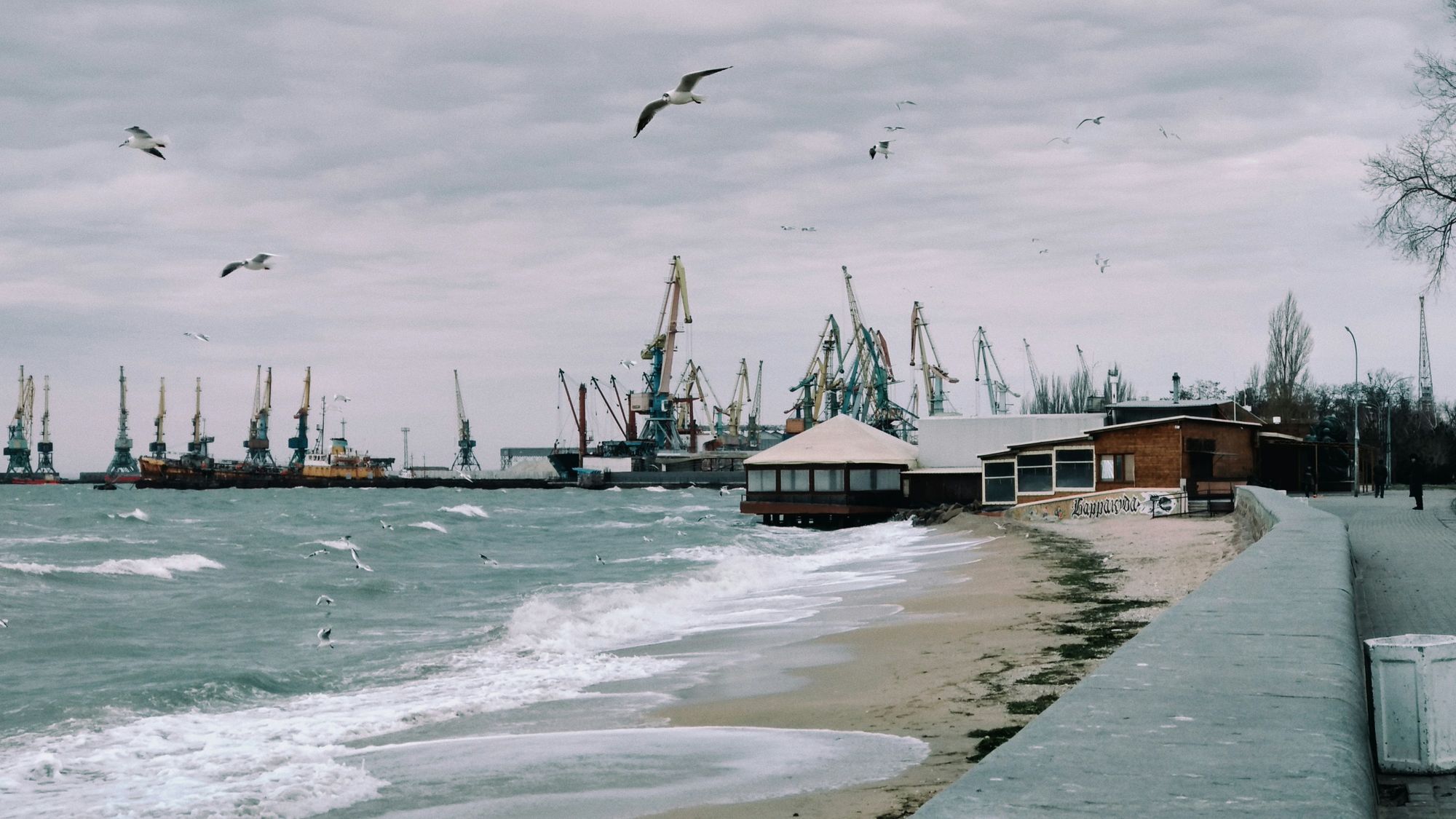Date of publication: 1 May 2025
Olena Omelchenko, Attorney at Law, Partner, Head of International Trade
Source: Client’s Choice 2025: TOP 100 Lawyers of Ukraine
In 2025, Ukraine’s international trade will be under pressure from new global challenges. Escalating trade wars between leading countries, toughening sanctions regimes, and revision of the EU autonomous trade preferences create a challenging environment for Ukrainian businesses. In such conditions, there will be a growing need for legal support on issues of foreign trade, cooperation with foreign partners, trade and customs regulations, logistics, and sanctions compliance regimes.
The escalation of the global trade war will lead to the imposition of new tariffs and countermeasures between the world’s leading economies. This will make it more difficult for Ukrainian exporters to access foreign markets, especially in sectors that are critically dependent on international supply chains. An additional challenge will be the expiration of the EU autonomous trade preferences after 6 June 2025, which will lead to an increase in the cost of exporting to the EU.
In response, companies will have to review their export strategies, seek new markets, and adapt to the new regulatory environment. Accordingly, law firms will experience increased demand for advice on adapting to changes in customs regulations, trade restrictions, tariffs, and sanctions control regimes.
Sanctions legislation: risks and new mechanisms
In 2025, sanctions are expected to be further extended by the EU, the UK and, most likely, the U.S. This will make it necessary to carry out a detailed analysis of counterparties, ownership structure, and business relations in order to avoid violations of the sanctions regime and liability.
It should be noted that the National Security and Defense Council of Ukraine will continue to actively impose its own sanctions, in particular on Ukrainian citizens. At the same time, there is an increasing practice in which the presence of even indirect ties with persons included in the Ukrainian sanctions list may deprive a company of state support. In particular, the first case has been recorded when the Commission on International Trade of Ukraine refused to provide protection to a national producer due to the company’s former ties with a person recently included in the NSDC sanctions list.
In addition, Ukraine will harmonise its sanctions legislation with international standards. This includes strengthening control over compliance with sanctions, increasing liability for their violation, and introducing mechanisms for confiscating assets of persons who pose a threat to national security.
The introduction of a public register of sanctioned persons in 2024 was an important step towards increasing the transparency of sanctions policy. At the same time, the procedure for appealing against sanctions remains complex and lengthy, which will require businesses to develop effective risk management strategies.
Customs regulations: adapting to the new environment
At the same time, Ukrainian companies are facing the need to adapt to new customs procedures, which are gradually being harmonised with EU standards in the context of Ukraine’s accession to the EU. Businesses will have to optimise their supply chains taking into account new standards and procedures to minimise risks and ensure continuity of supply.
In general, 2025 will be a year of increased instability for Ukrainian business, driven by geopolitical upheavals, sanctions pressure and increased regulatory control. In these conditions, law firms will play a key role in providing legal support to businesses, i.e. from compliance with sanctions legislation to foreign trade support.

